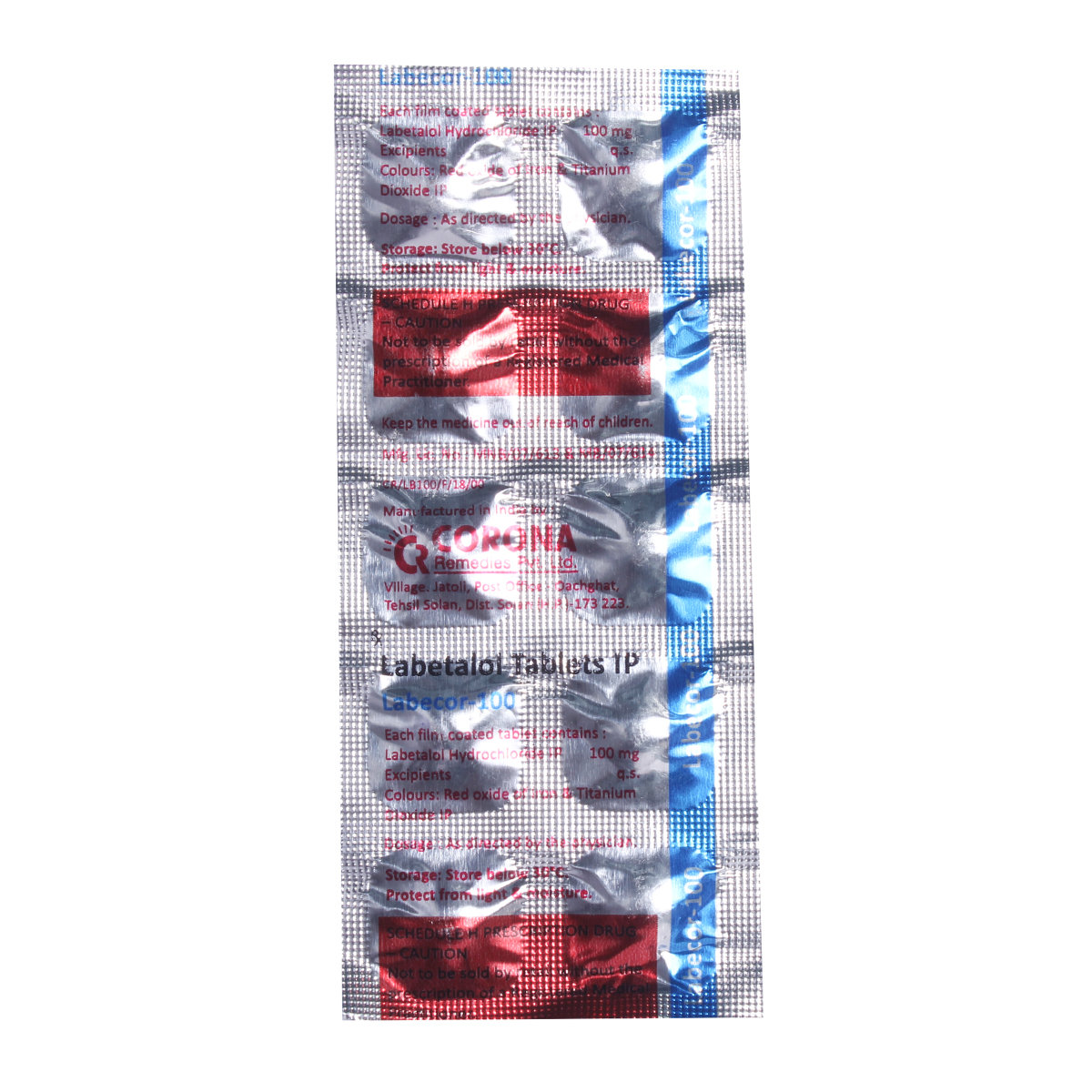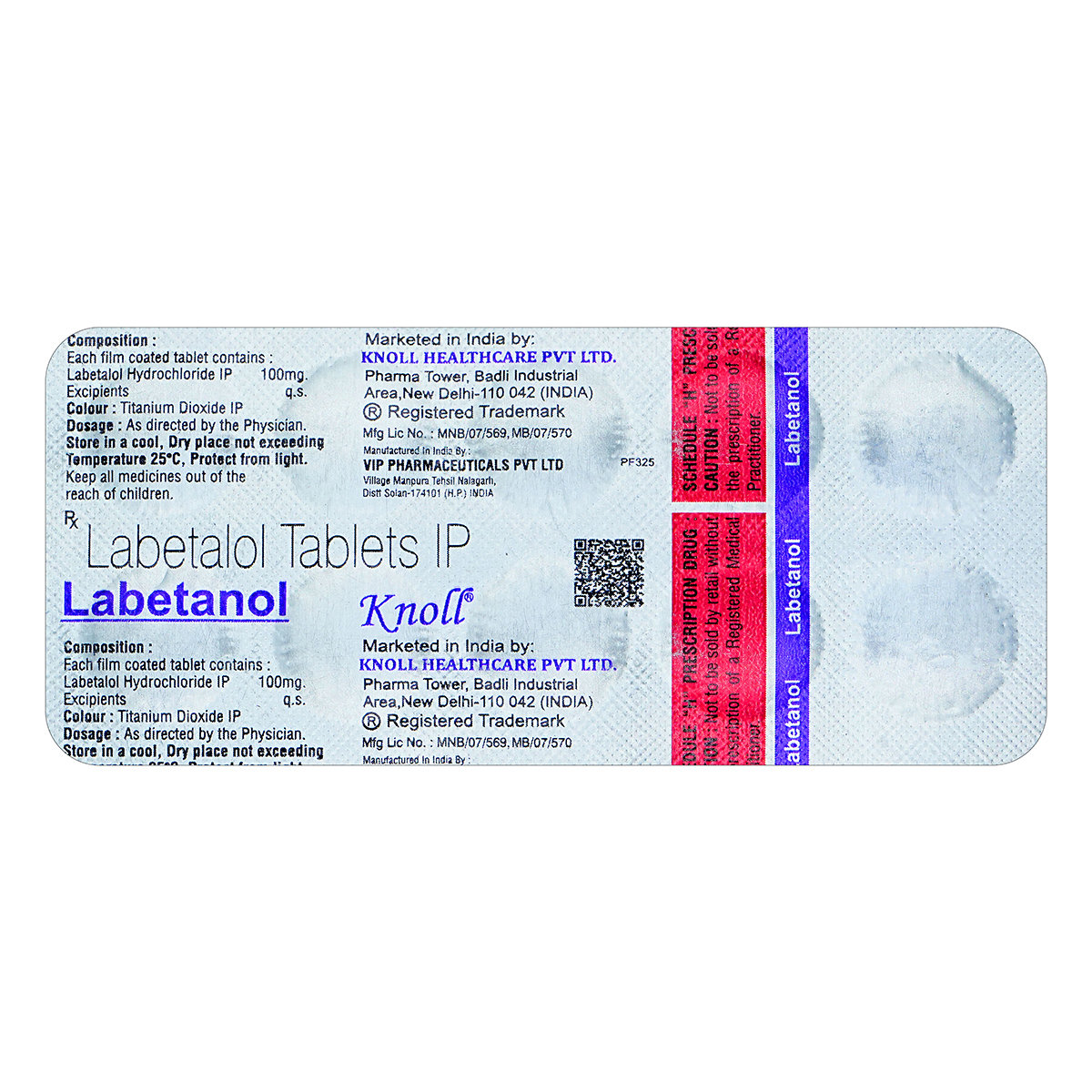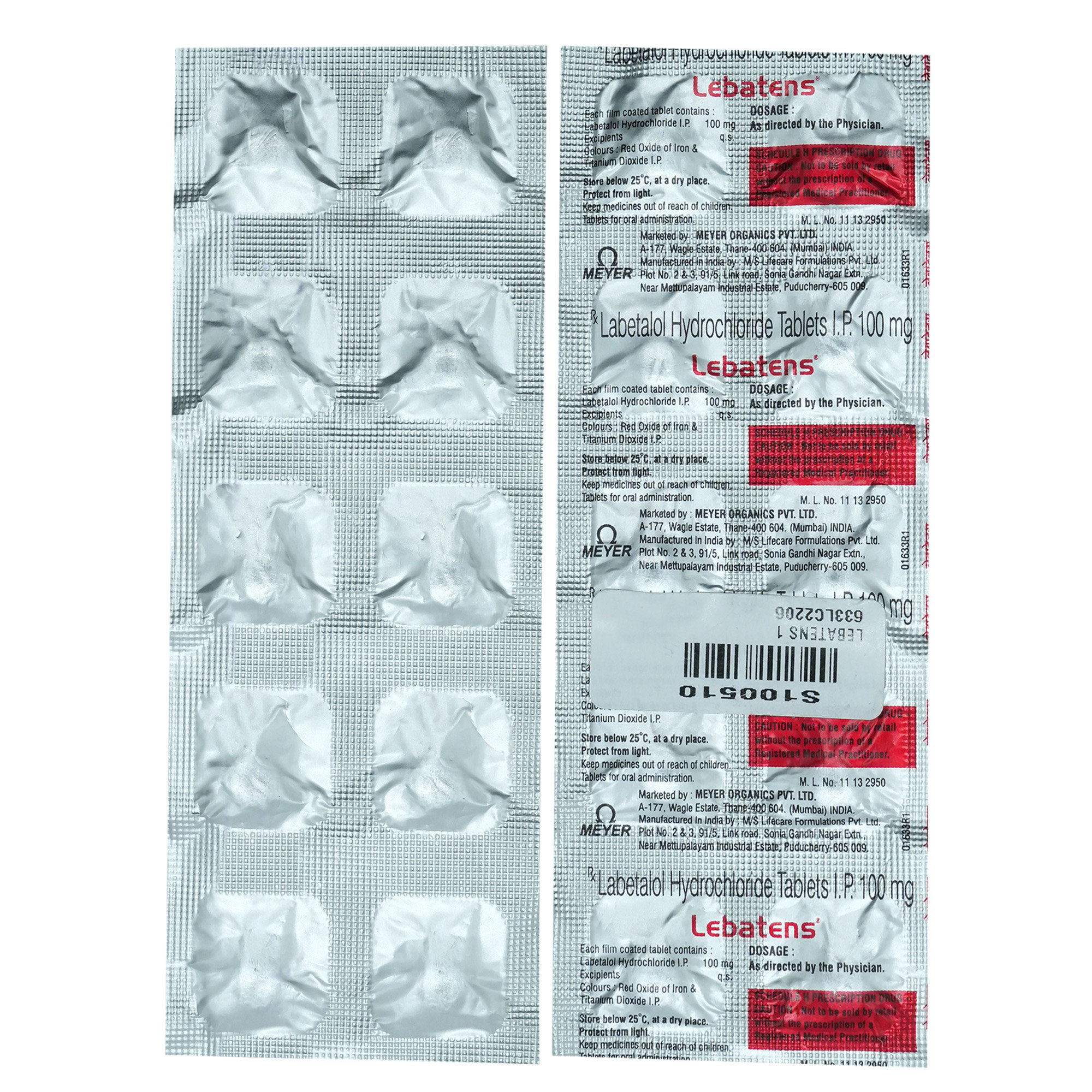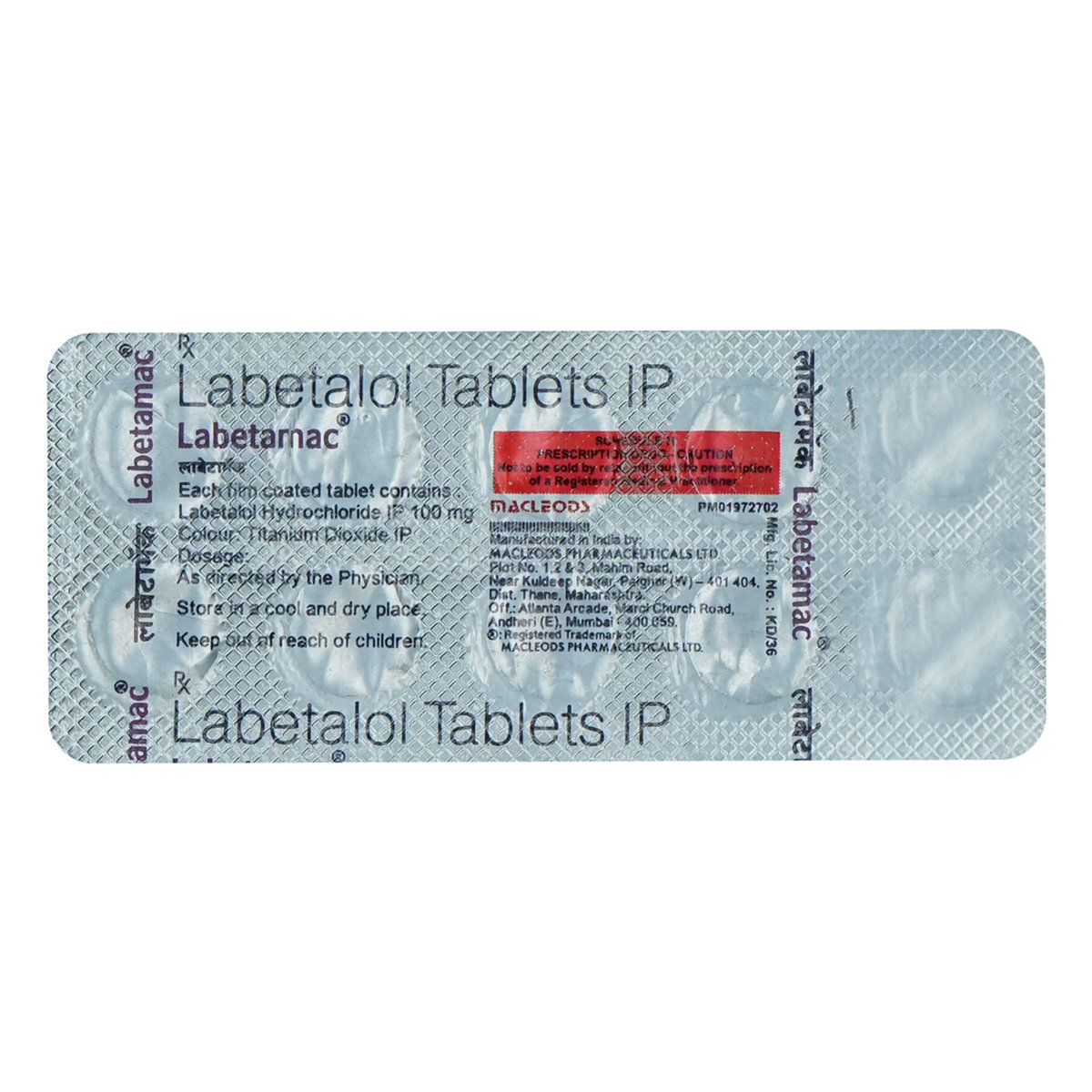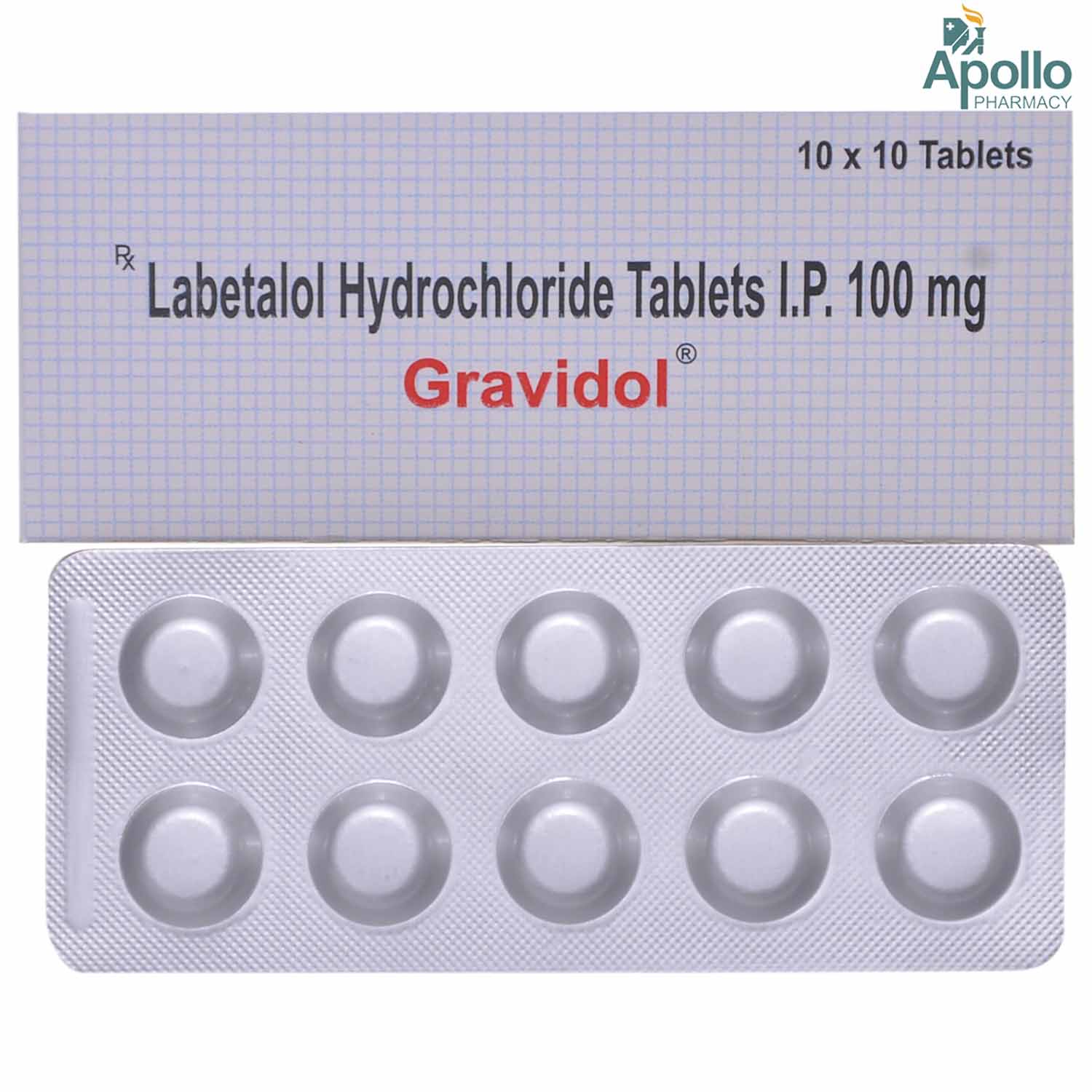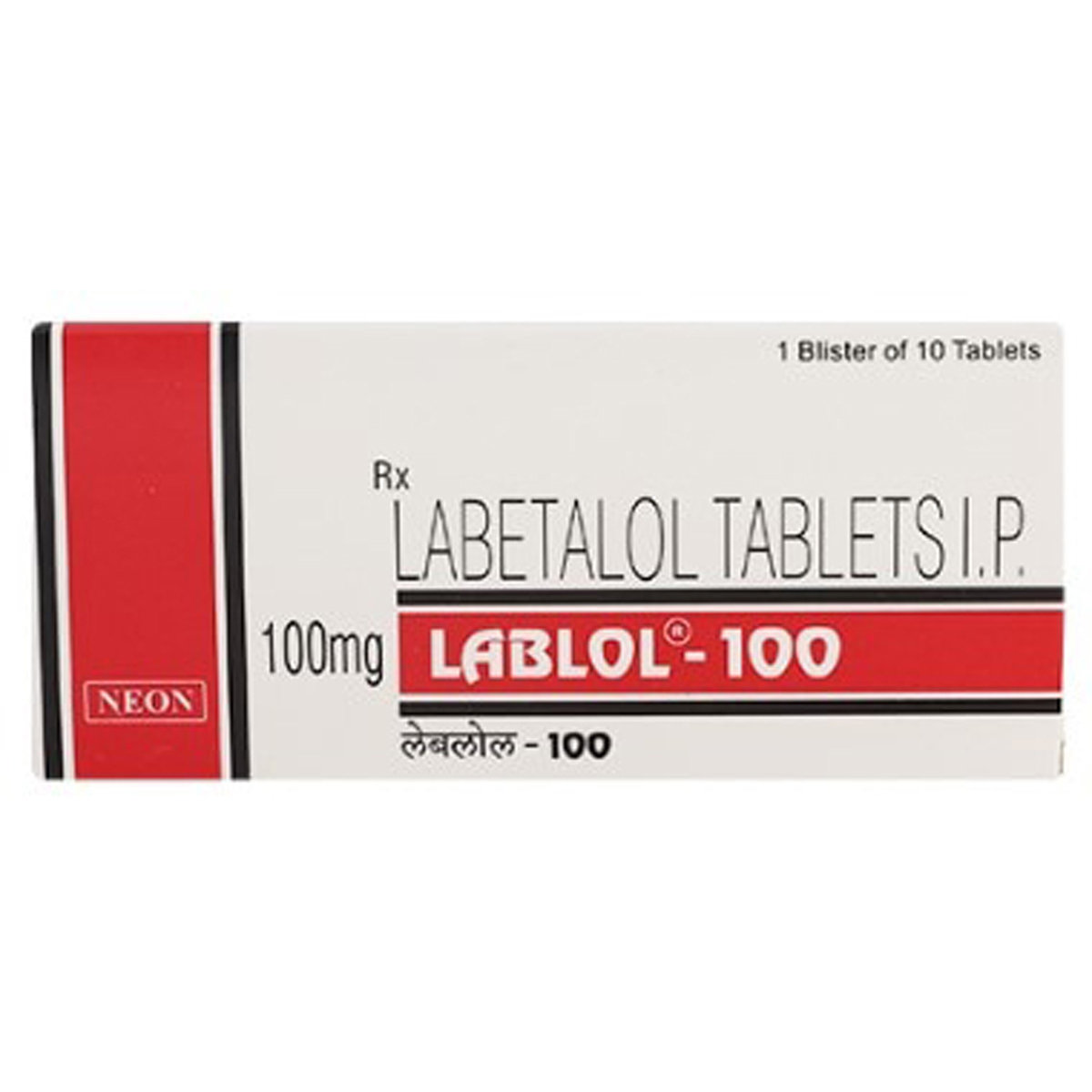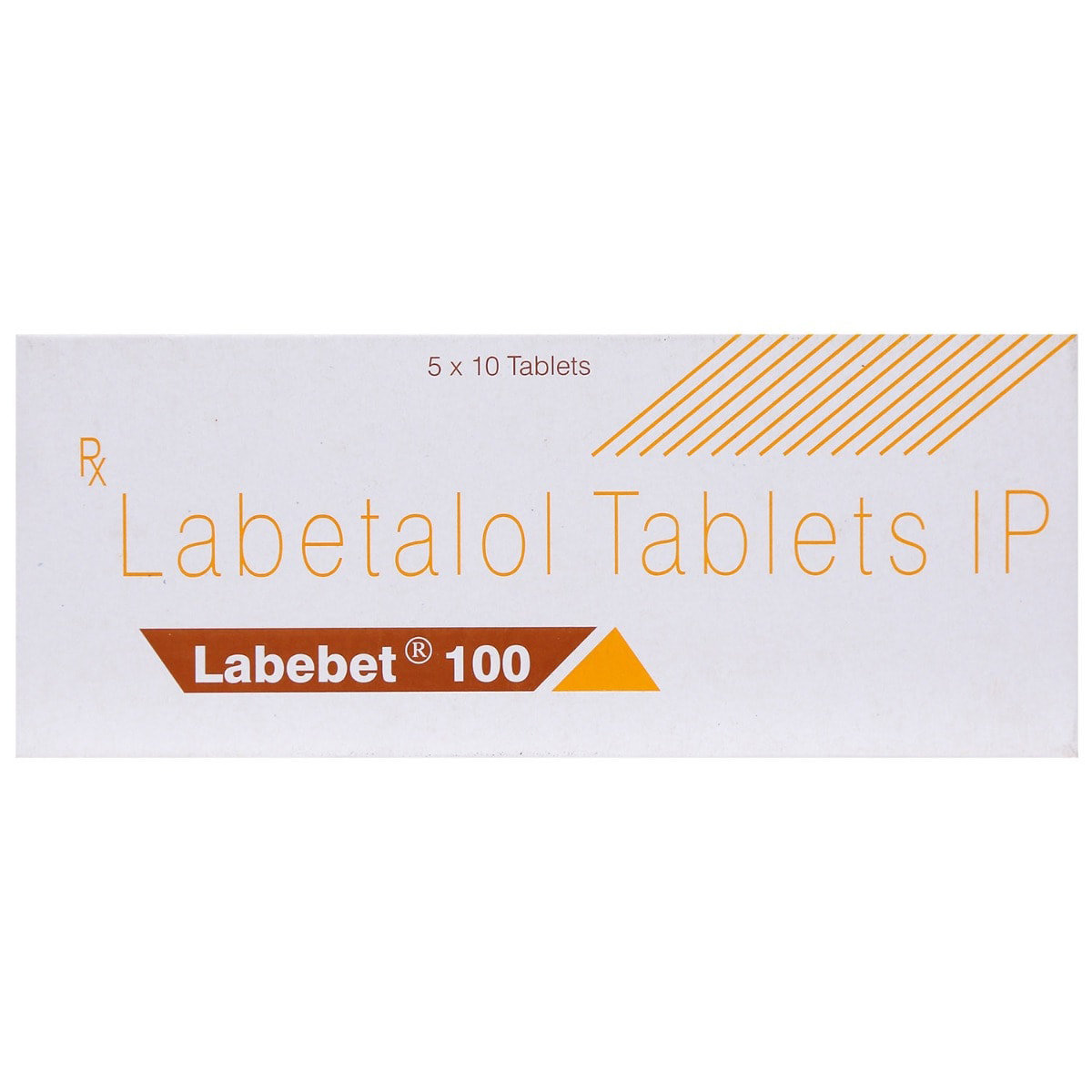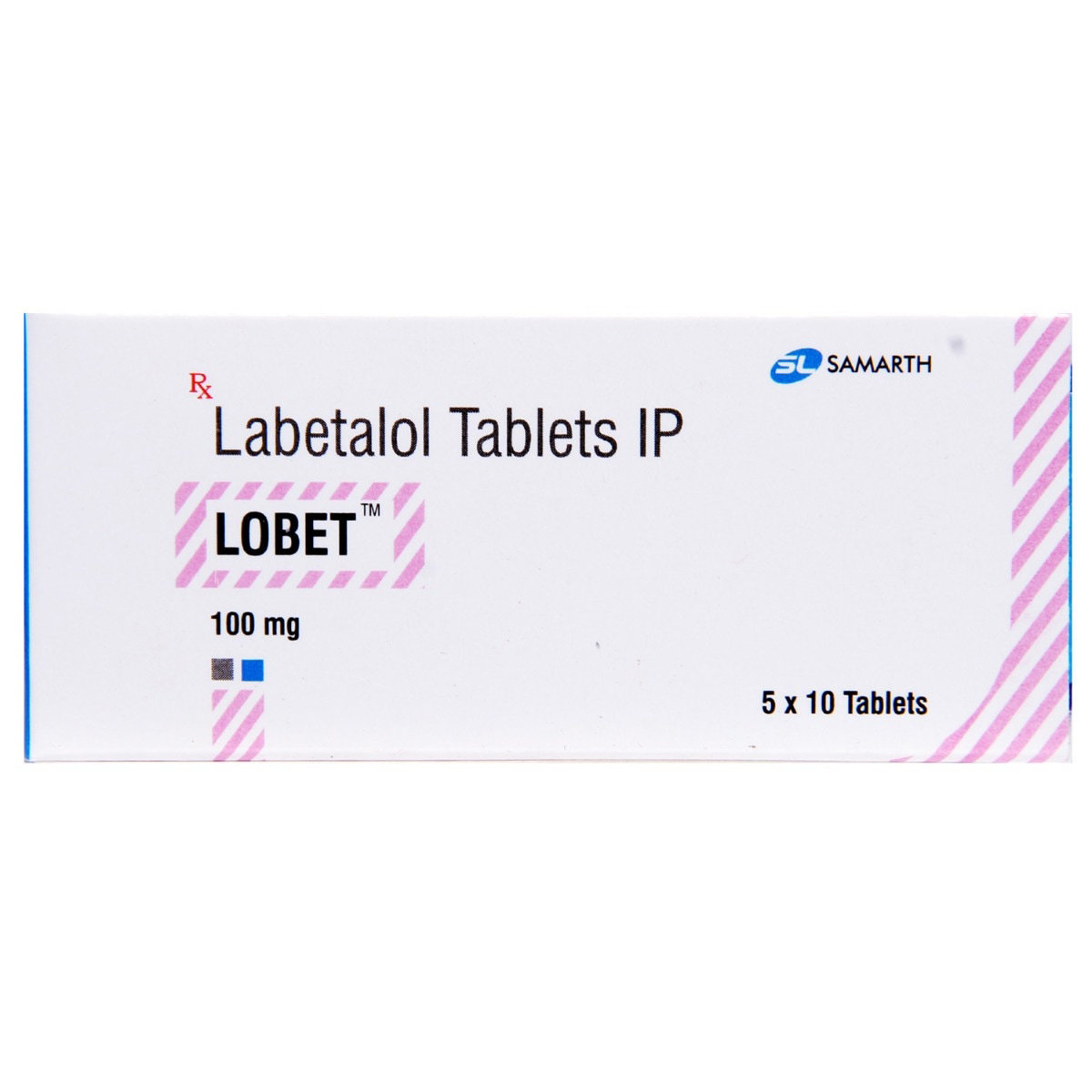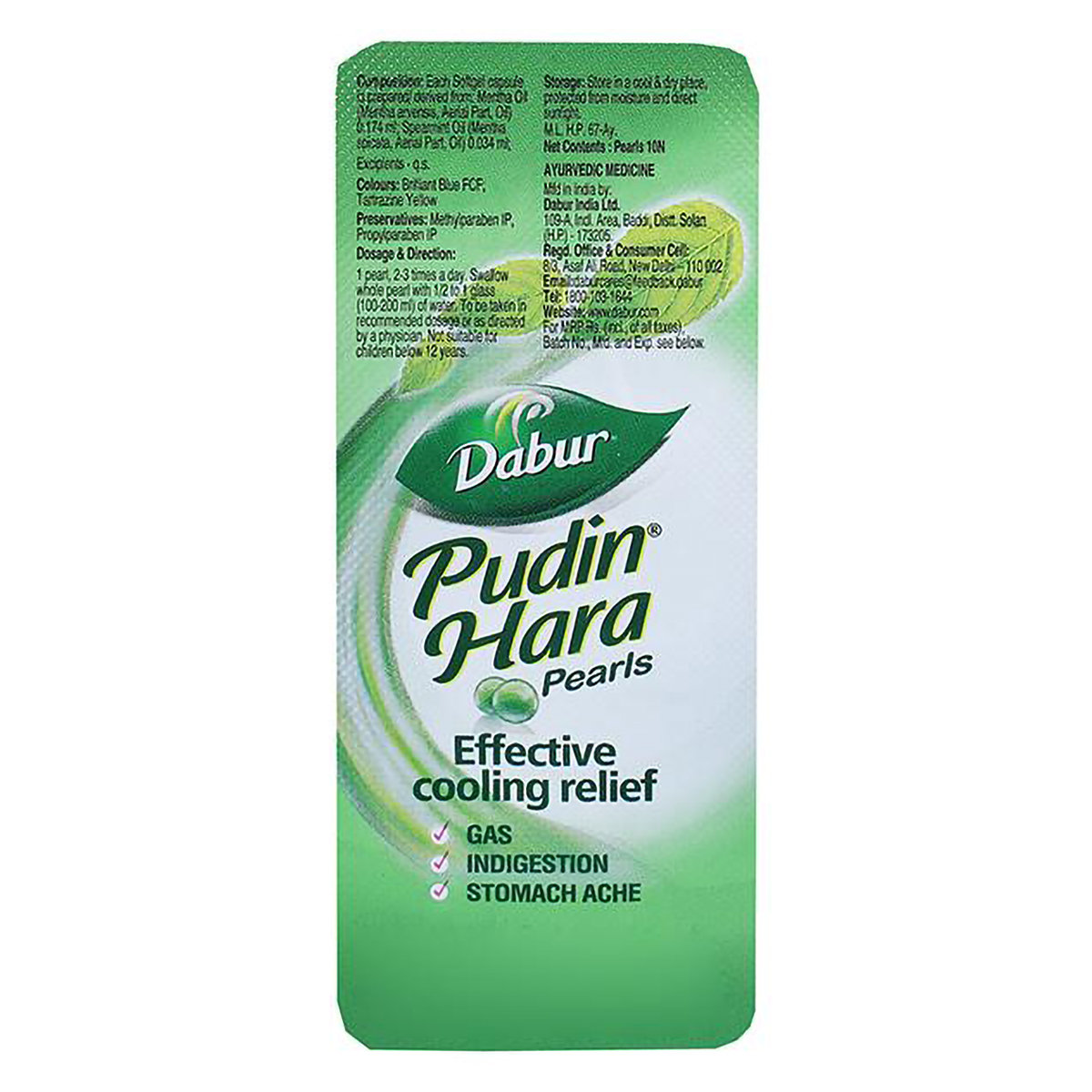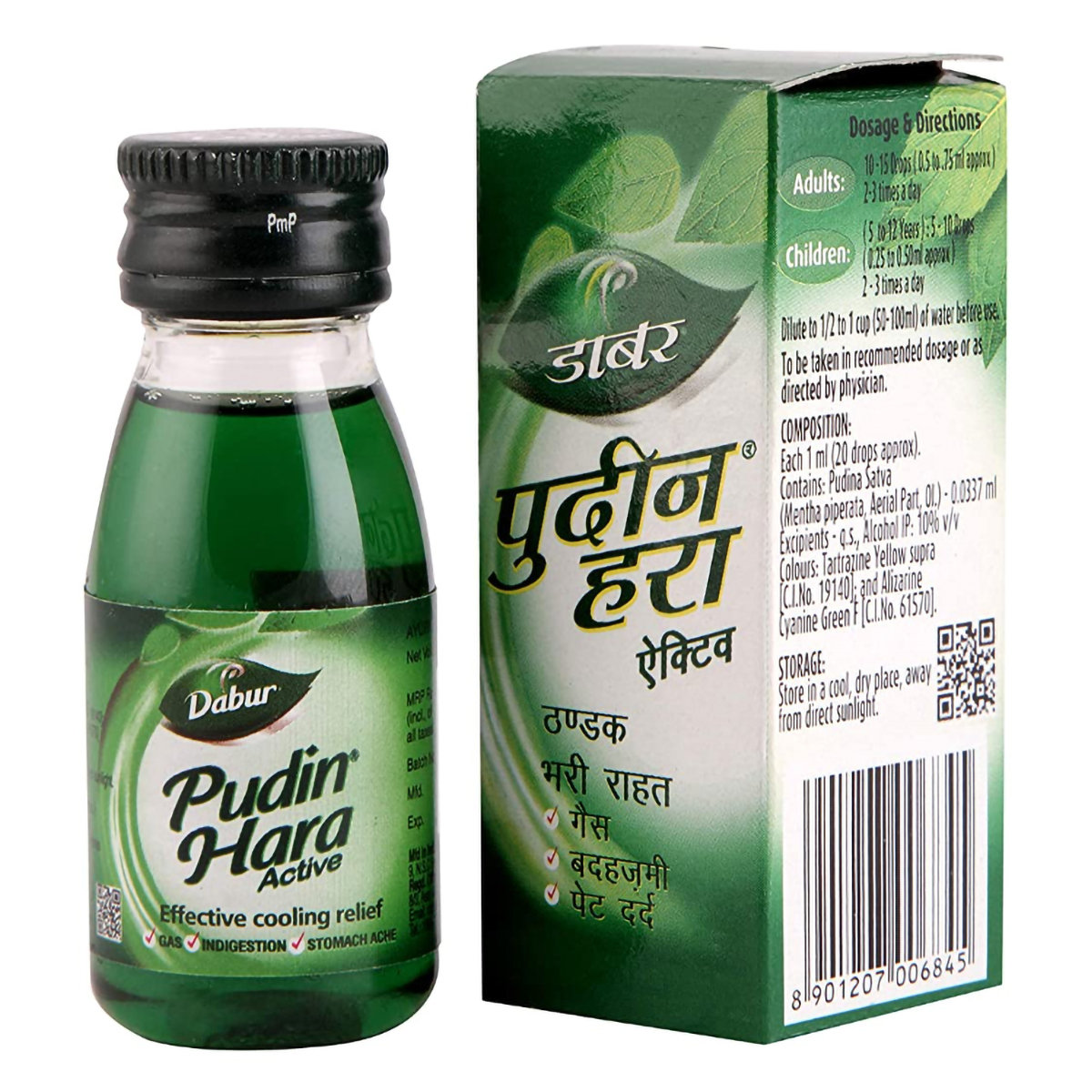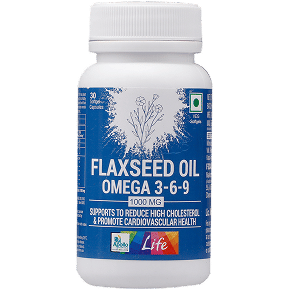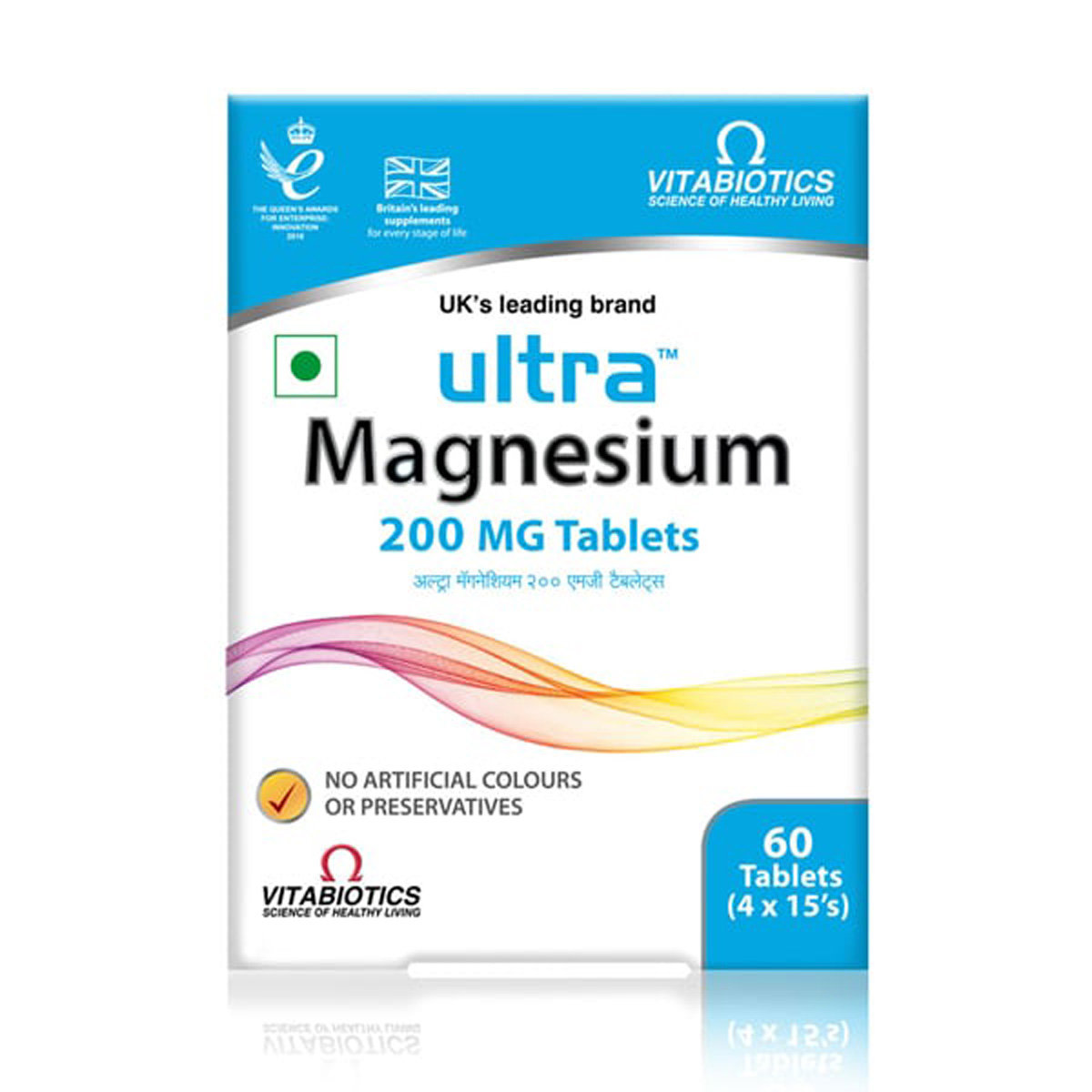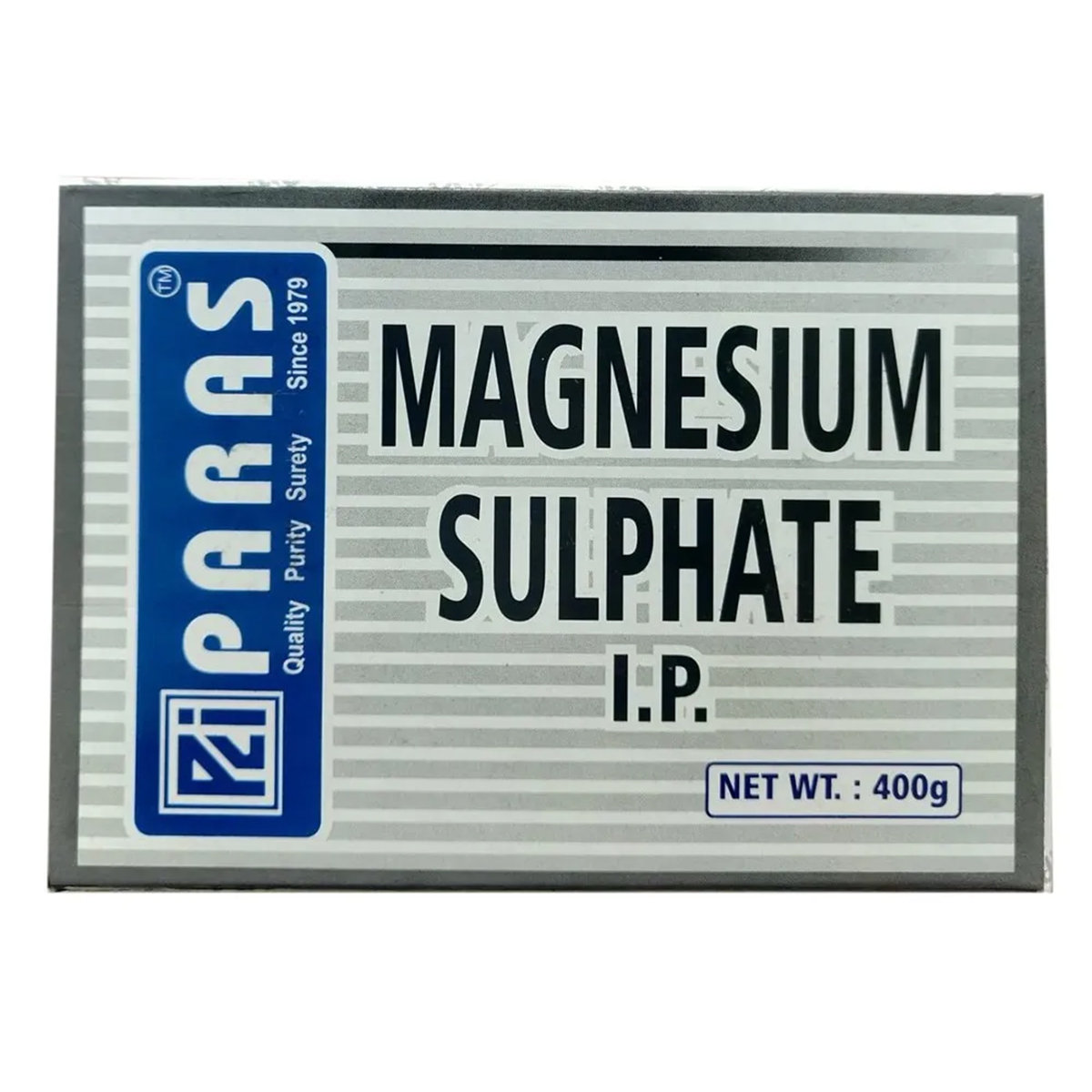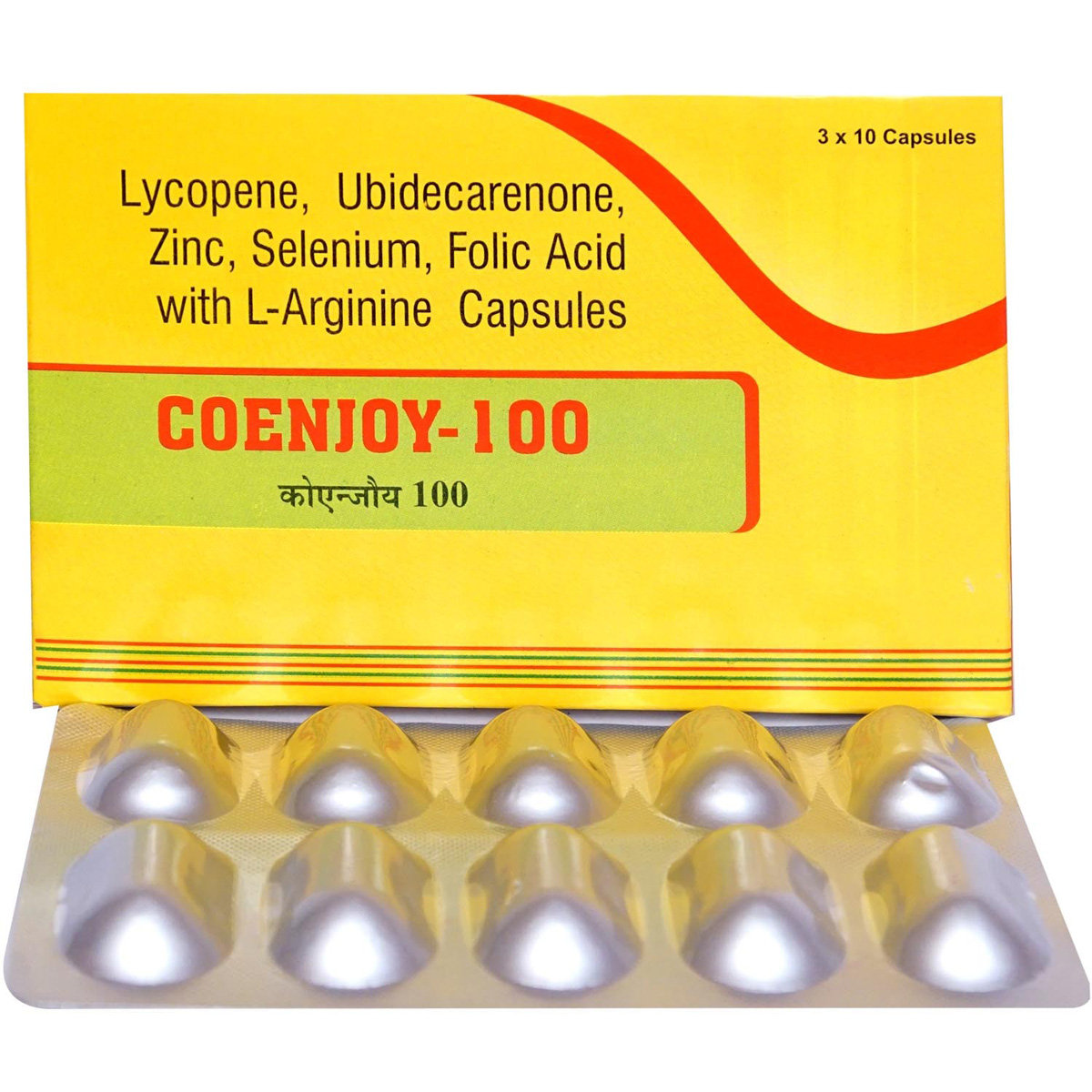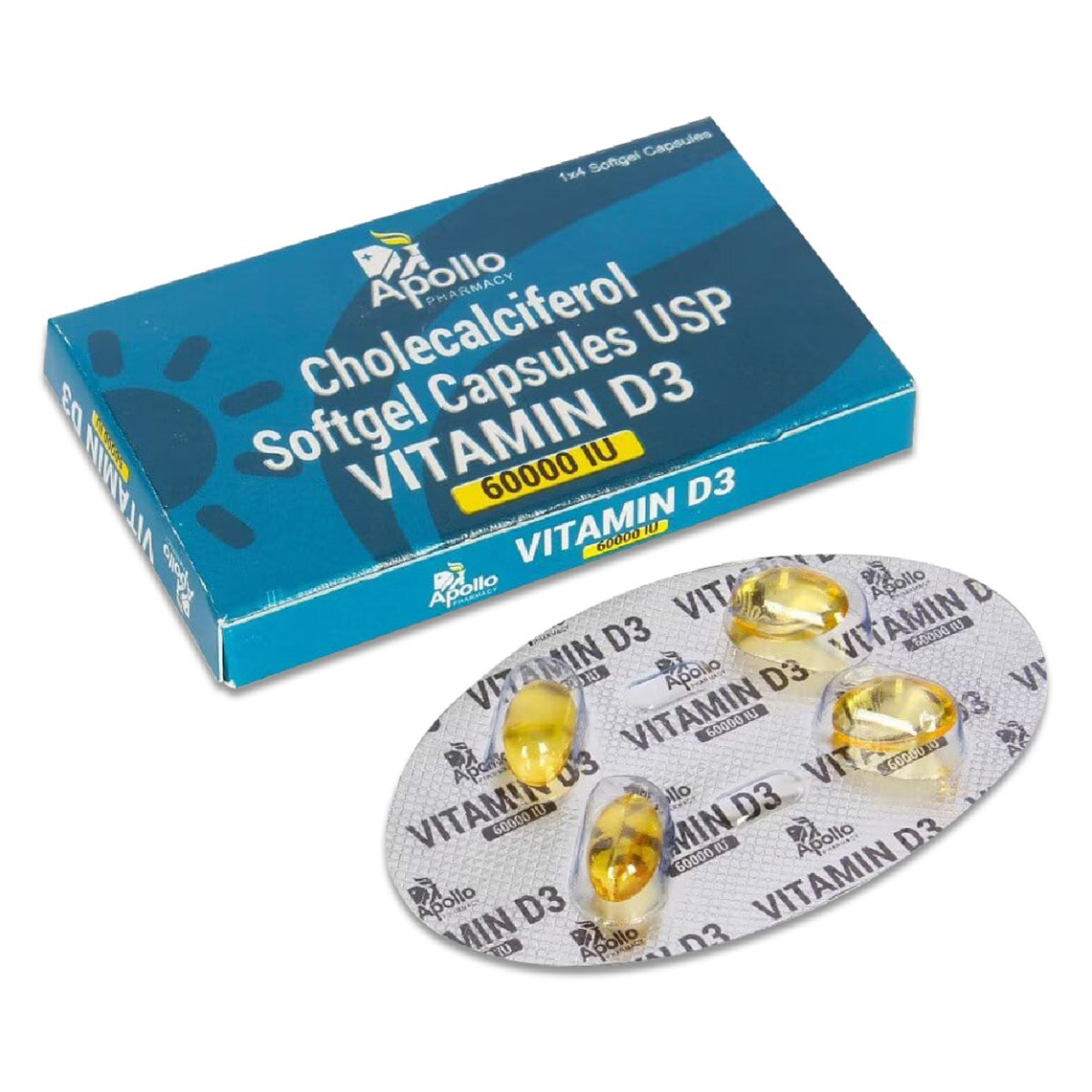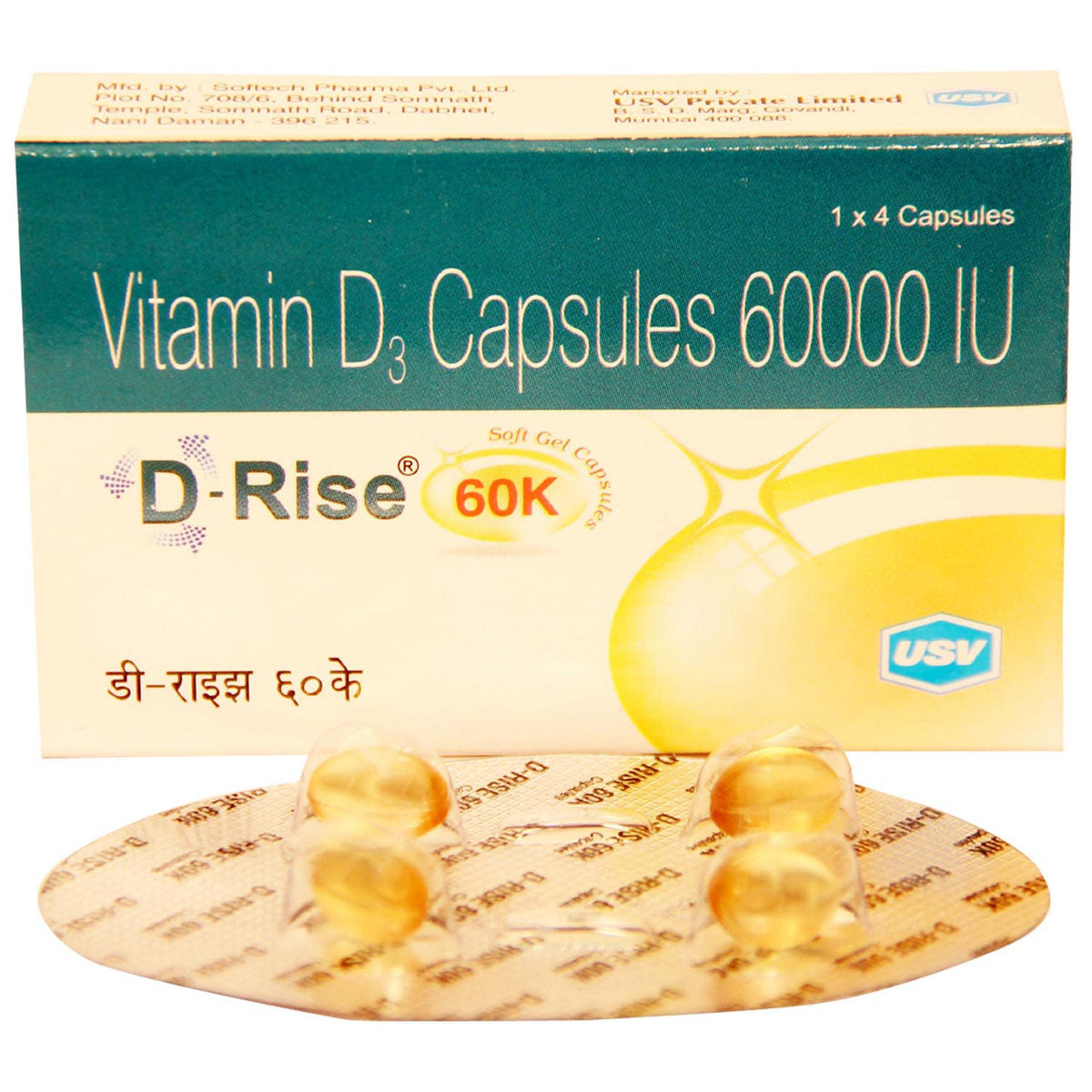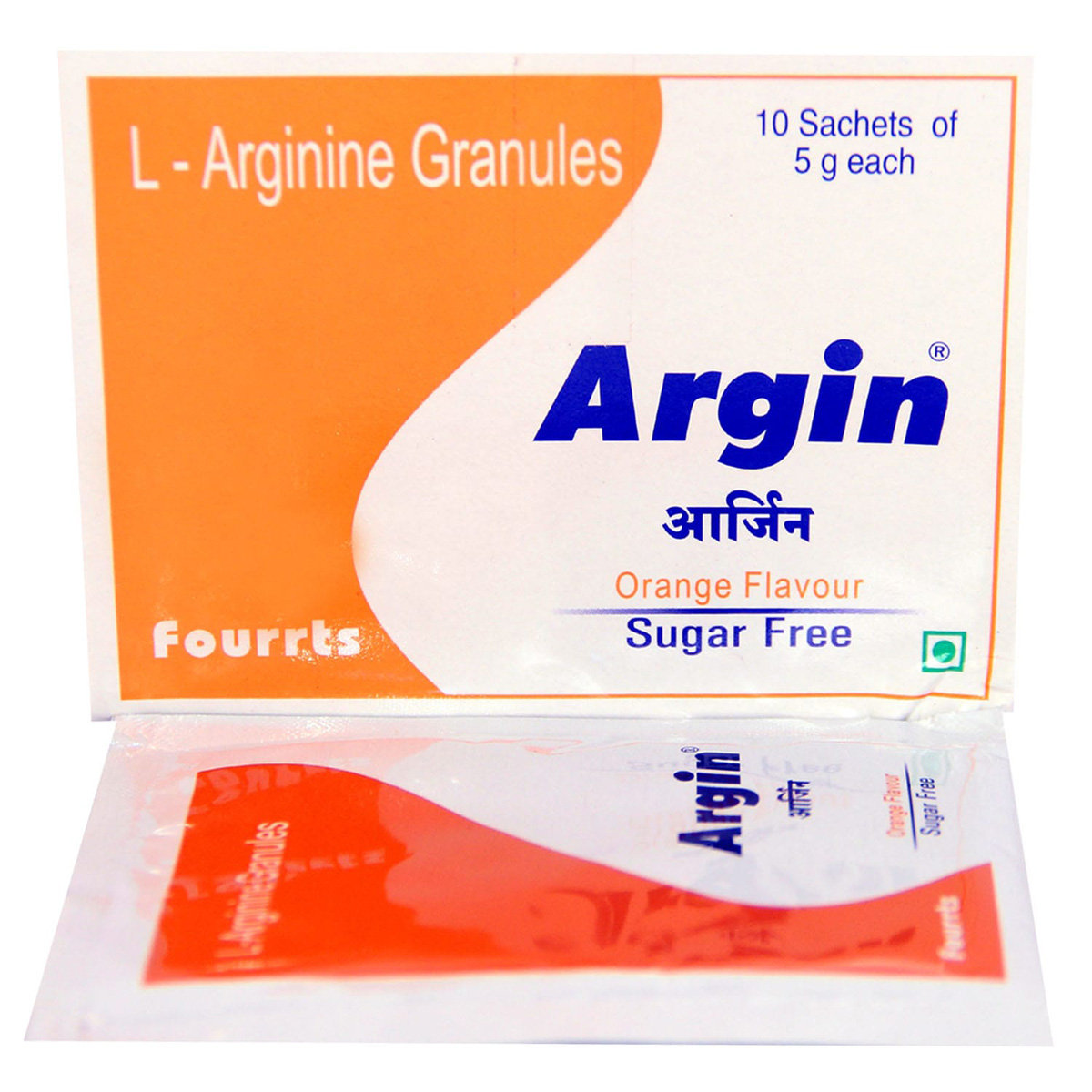Repliv 100Mg Tablet
MRP ₹159
(Inclusive of all Taxes)
₹23.9 Cashback (15%)
know your delivery time
Provide Delivery Location
Composition :
Manufacturer/Marketer :
Consume Type :
Expires on or after :
Return Policy :

Secure Payment

Trusted by 8 Crore Indians

Genuine Products
Therapeutic Class
Country of origin
Manufacturer/Marketer address
Author Details
We provide you with authentic, trustworthy and relevant information
Disclaimer
Alcohol
Safe if prescribed
You are recommended to avoid alcohol consumption while taking Repliv 100Mg Tablet to avoid unpleasant side-effects. Alcohol intake might interfere with the working of Repliv 100Mg Tablet .
Pregnancy
Consult your doctor
Repliv 100Mg Tablet belongs to pregnancy category C. Your doctor may prescribe Repliv 100Mg Tablet if the benefits outweigh the risks to treat high blood pressure during pregnancy when rapid control of blood pressure is necessary.
Breast Feeding
Consult your doctor
Small amounts of Repliv 100Mg Tablet may pass into breastmilk. Please consult your doctor. Your doctor will decide whether Repliv 100Mg Tablet can be given to breastfeeding mothers or not.
Driving
Safe if prescribed
Repliv 100Mg Tablet may cause dizziness, do not drive or operate heavy machinery if you feel dizzy.
Liver
Consult your doctor
Dose adjustment may be needed. Please consult your doctor if you have liver impairment/liver disease or any concerns regarding this.
Kidney
Consult your doctor
Dose adjustment may be needed. Please consult your doctor if you have kidney impairment/kidney disease or any concerns regarding this.
Children
Safe if prescribed
Repliv 100Mg Tablet is not recommended for children, as efficacy and safety have not been established.
Product Substitutes
About Repliv 100Mg Tablet
Repliv 100Mg Tablet belongs to the blood pressure-lowering medications called 'beta-blocker' used to treat hypertension (high blood pressure). Additionally, Repliv 100Mg Tablet is used to control high blood pressure in pregnancy and during anaesthesia. High blood pressure is a condition in which the blood exerts elevated pressure on blood vessel walls, leading to various cardiovascular complications like the risk of heart attack and stroke in the future.
Repliv 100Mg Tablet contains 'labetalol' that works by blocking the receptors in the cardiovascular system, this helps decrease the blood pressure in the blood vessels. Repliv 100Mg Tablet helps the heart to beat slower with less force. It also relaxes and widens the blood vessels, this makes it easier for the heart to pump blood to all parts of the body. Thereby, helps in lowering the raised blood pressure and reducing the overload of the heart.
You are advised to take Repliv 100Mg Tablet for as long as your doctor has prescribed it for you depending on your medical condition. In some cases, you may experience certain common side-effects such as dizziness, drowsiness, nausea, vomiting, swelling, and headache. Most of these side-effects do not require medical attention and will resolve gradually over time. However, you are advised to talk to your doctor if the side-effects persist or worsen.
Please do not stop taking Repliv 100Mg Tablet on your own as it may cause a sudden increase in blood pressure. Consult your doctor if you are pregnant or breastfeeding. Repliv 100Mg Tablet is not recommended for children as efficacy and safety have not been established. Avoid consuming alcohol as it might interfere with the working of Repliv 100Mg Tablet . Inform your doctor about all the medicines you are taking and your health condition to rule out any unpleasant side-effects.
Uses of Repliv 100Mg Tablet
Medicinal Benefits Mweb
Key Benefits
Repliv 100Mg Tablet belongs to the anti-hypertensive medicines called beta-blocking agents used to treat hypertension (high blood pressure) and angina (chest pain). Repliv 100Mg Tablet is also used to control high blood pressure in pregnancy and during anaesthesia. Repliv 100Mg Tablet works by blocking the receptors in the cardiovascular system, this helps decrease the blood pressure in the blood vessels. Repliv 100Mg Tablet helps the heartbeat slower with less force and relaxes, and widens the blood vessels, this makes it easier for the heart to pump blood to all parts of the body. Thereby, helps in lowering the blood pressure to normal.
Directions for Use
Side Effects of Repliv 100Mg Tablet
- Dizziness
- Drowsiness
- Nausea
- Vomiting
- Swelling
- Headache
Drug Warnings
Do not take Repliv 100Mg Tablet if you are allergic to any of its contents, if you have heart problems, low blood pressure, extremely slow heart rate, prinzmetal angina, asthma or obstructive airway disease or adrenal gland tumour. Inform your doctor if you have reduced liver or kidney function, Raynaud's syndrome, intermittent claudication, diabetes, overactive thyroid, heart problems, metabolic acidosis, pheochromocytoma (tumour in the adrenal gland), ischaemic heart disease, lung problems or if you are due to have any surgery. Consult your doctor if you are pregnant or breastfeeding. Repliv 100Mg Tablet is not recommended for children as efficacy and safety have not been established. Rise slowly from lying/sitting position as Repliv 100Mg Tablet may cause dizziness (postural hypotension).
Drug-Drug Interactions
Drug-Drug Interactions
Login/Sign Up
Taking Repliv 100 mg Tablet with Bitolterol may reduce the action of both the medications. Repliv 100 mg Tablet can sometimes cause narrowing of the airways, which may worsen your breathing problems or trigger severe asthmatic attacks.
How to manage the interaction:
There may be a possibility of interaction between Repliv 100 mg Tablet and Bitolterol, but it can be taken if prescribed by a doctor. However, If you notice any symptoms like asthma, breathing problems, consult the doctor right away. Do not stop using any medications without talking to a doctor.
Co-administration of Repliv 100 mg Tablet and Verapamil can increase the risk of side effects.
How to manage the interaction:
Although taking Repliv 100 mg Tablet and Verapamil together can result in an interaction, it can be taken if a doctor has prescribed it. However, if you experience fatigue, swelling of the extremities, shortness of breath, chest pain, increased or decreased heartbeat, consult a doctor. Do not discontinue any medications without a doctor's advice.
Co-administration of Leflunomide may cause liver issues, and using it with Repliv 100 mg Tablet which might potentially have a side effect on the liver may increase the risk.
How to manage the interaction:
Although taking Repliv 100 mg Tablet and Leflunomide together can result in an interaction, it can be taken if a doctor has prescribed it. However, if you have any of the following symptoms: fever, chills, joint pain or swelling, unusual bleeding or bruising, skin rash, itching, fatigue, loss of appetite, stomachaches, nausea, vomiting, dark urine, light stools, yellowing of the skin or eyes, consult a doctor. Do not discontinue any medications without a doctor's advice.
Co-administration of Repliv 100 mg Tablet and formoterol together could decrease the effects of both medications.
How to manage the interaction:
Although taking Repliv 100 mg Tablet and Formoterol together can result in an interaction, it can be taken if a doctor has prescribed it. However, if you experience any unusual symptoms contact a doctor immediately. Do not stop using any medications without talking to a doctor.
When Repliv 100 mg Tablet is used with Disopyramide, Disopyramide's levels can be enhanced, which may lead to side effects.
How to manage the interaction:
Although taking Repliv 100 mg Tablet and disopyramide together can result in an interaction, it can be taken if a doctor has prescribed it. However, if you feel dizziness, fainting, or irregular heartbeats, consult a doctor. Do not discontinue any medications without a doctor's advice.
Co-administration of Repliv 100 mg Tablet and Salmeterol together can decrease the medical benefits of both medications.
How to manage the interaction:
Although taking Repliv 100 mg Tablet and Salmeterol together can result in an interaction, it can be taken if a doctor has prescribed it. Do not forget to inform the doctor if you have severe chronic obstructive pulmonary disease (COPD) or a history of asthma, as Repliv 100 mg Tablet is often not advised in these conditions. Do not discontinue any medications without a doctor's advice.
Taking Propranolol with Repliv 100 mg Tablet can potentially enhance the effects of orthostatic hypotension (low blood pressure that happens when standing after sitting or lying down).
How to manage the interaction:
Although taking Propranolol together with Repliv 100 mg Tablet can result in an interaction, they can be taken together if prescribed by a doctor. However, consult a doctor if you experience lightheadedness or dizziness upon standing, blurred vision, weakness, fainting, or confusion. Do not discontinue any medicine without consulting a doctor.
When Levosalbutamol is used in combination with Repliv 100 mg Tablet, the therapeutic effectiveness of Levosalbutamol can be decreased which may lead to low treatment outcomes.
How to manage the interaction:
Taking Levosalbutamol with Repliv 100 mg Tablet may lead to an interaction, but can be taken if prescribed by the doctor. However, if you experience any unusual symptoms, consult the doctor. Do not discontinue any medications without consulting a doctor.
Co-administration of Clonidine and Repliv 100 mg Tablet may increase the risk of side effects like lower blood pressure and slower heart rate.
How to manage the interaction:
Although there is a possible interaction between Clonidine and Repliv 100 mg Tablet, you can take these medicines together if prescribed by a doctor. However, if you experience headaches, slow heartbeat, dizziness, contact a doctor. Do not discontinue the medication without consulting a doctor.
Taking Repliv 100 mg Tablet along with Epinephrine can reduce the effects of Epinephrine.
How to manage the interaction:
Taking Repliv 100 mg Tablet and Epinephrine together can result in an interaction, it can be taken if a doctor has advised it. However, if you experience sudden dizziness, shortness of breath, chest pain or tightness, rapid heartbeat, or memory loss, contact a doctor immediately. Do not discontinue any medications without consulting a doctor.
Drug-Food Interactions
Drug-Food Interactions
Login/Sign Up
Drug-Diseases Interactions
Drug-Diseases Interactions
Login/Sign Up
Drug-Drug Interactions Checker List
- ASPIRIN
- IBUPROFEN
- INDOMETHACIN
- FUROSEMIDE
- AMLODIPINE
- VERAMAPIL
- CLONIDINE
- LEVOTHYROXINE
- DIGOXIN
- AMIDODARONE
- IMIPRAMINE
- METFORMIN
- GLIMEPIRIDE
- ACARBOSE
- REPAGLINIDE
- INSULIN
- ERGOTAMINE
- DIHYDROERGOTAMINE
- DONEPEZIL
- GALANTAMINE
- RIVASTIGMINE
- CHLORPROMAZINE
Habit Forming
Special Advise
- Regularly monitor blood pressure levels to prevent hypotension (low blood pressure).
- Repliv 100Mg Tablet might interfere with certain laboratory test results and possibly cause false results such as raised liver function tests, antinuclear antibody blood tests, urine tests and MIBG scintigraphy (test to detect tumours). Inform the person doing the tests that you are taking Repliv 100Mg Tablet .
- Inform your surgeon ahead of time that you are taking Repliv 100Mg Tablet if you have any surgery requiring general anaesthesia or cataract surgery.
Diet & Lifestyle Advise
- You are advised to consume low salt and low-fat diet.
- Regular exercise is also recommended.
- Eat a diet rich in whole grains, vegetables, and fruits.
- Avoid smoking and alcohol consumption.
- Maintain a healthy weight with proper diet and exercise.
- Managing stress with meditation, yoga, and massage.
All Substitutes & Brand Comparisons
RX
Out of StockNormadate 100mg Tablet
GlaxoSmithKline Pharmaceuticals Ltd
₹29.57
(₹2.66 per unit)
81% CHEAPERRX
Out of StockCebalol 100mg Tablet
Health Biotech Ltd
₹100
(₹9.0 per unit)
37% CHEAPERRX
Out of StockLobialol 100mg Tablet
₹153.12
(₹13.78 per unit)
3% CHEAPER

Have a query?
Buy best Cardiology products by
Torrent Pharmaceuticals Ltd
Sun Pharmaceutical Industries Ltd
Lupin Ltd
Intas Pharmaceuticals Ltd
Cipla Ltd
Micro Labs Ltd
Macleods Pharmaceuticals Ltd
Abbott India Ltd
Ajanta Pharma Ltd
Ipca Laboratories Ltd
Eris Life Sciences Ltd
Mankind Pharma Pvt Ltd
Lloyd Healthcare Pvt Ltd
Dr Reddy's Laboratories Ltd
Glenmark Pharmaceuticals Ltd
Emcure Pharmaceuticals Ltd
Alembic Pharmaceuticals Ltd
Alkem Laboratories Ltd
East West Pharma India Pvt Ltd
USV Pvt Ltd
Zydus Healthcare Ltd
Aristo Pharmaceuticals Pvt Ltd
Elbrit Life Sciences Pvt Ltd
J B Chemicals & Pharmaceuticals Ltd
Zydus Cadila
Akumentis Healthcare Ltd
Alteus Biogenics Pvt Ltd
Hbc Life Sciences Pvt Ltd
Fusion Health Care Pvt Ltd
Troikaa Pharmaceuticals Ltd
La Renon Healthcare Pvt Ltd
Corona Remedies Pvt Ltd
Jubilant Lifesciences Ltd
Medley Pharmaceuticals Ltd
Knoll Healthcare Pvt Ltd
Msn Laboratories Pvt Ltd
Zuventus Healthcare Ltd
Cadila Pharmaceuticals Ltd
Blue Cross Laboratories Pvt Ltd
Lividus Pharmaceuticals Pvt Ltd
Morepen Laboratories Ltd
Ranmarc Labs
Shrrishti Health Care Products Pvt Ltd
Sanofi India Ltd
Steris Healthcare
Elder Pharmaceuticals Ltd
Primus Remedies Pvt Ltd
Unison Pharmaceuticals Pvt Ltd
Eswar Therapeutics Pvt Ltd
Knoll Pharmaceuticals Ltd
Tas Med India Pvt Ltd
Systopic Laboratories Pvt Ltd
Indiabulls Pharmaceuticals Pvt Ltd
Leeford Healthcare Ltd
Sinsan Pharmaceuticals Pvt Ltd
Biochem Pharmaceutical Industries Ltd
Cadila Healthcare Ltd
Azkka Pharmaceuticals Pvt Ltd
Nirvana India Pvt Ltd
Orsim Pharma
Prevego Healthcare & Research Pvt Ltd
Econ Healthcare
Elinor Pharmaceuticals (P) Ltd
FDC Ltd
Sunij Pharma Pvt Ltd
Nicholas Piramal India Ltd
Astra Zeneca Pharma India Ltd
Pfizer Ltd
Lia Life Sciences Pvt Ltd
Shine Pharmaceuticals Ltd
Elicad Pharmaceuticals Pvt Ltd
Indoco Remedies Ltd
Proqol Health Care Pvt Ltd
Vasu Organics Pvt Ltd
Biocon Ltd
Opsis Care Lifesciences Pvt Ltd
Johnlee Pharmaceuticals Pvt Ltd
Merck Ltd
Wockhardt Ltd
Auspharma Pvt Ltd
Ergos Life Sciences Pvt Ltd
Lakshya Life Sciences Pvt Ltd
Ordain Health Care Global Pvt Ltd
Pficus De Med Pvt Ltd
ALICAN PHARMACEUTICAL PVT LTD
RPG Life Sciences Ltd
Glynis Pharmaceuticals Pvt Ltd
Orris Pharmaceuticals
Samarth Life Sciences Pvt Ltd
Aprica Pharmaceuticals Pvt Ltd
Aretaeus Pharmaceuticals Pvt Ltd
Koye Pharmaceuticals Pvt Ltd
Neocardiab Care
Retra Life Science Pvt Ltd
Alniche Life Sciences Pvt Ltd
Alvio Pharmaceuticals Pvt Ltd
Arkas Pharma Pvt Ltd
Atos Lifesciences Pvt Ltd
Divine Savior Pvt Ltd
Metalis Lifesciences Pvt Ltd
Frequently Bought Together
Customers Also Bought

_0.jpg?tr=q-85)


